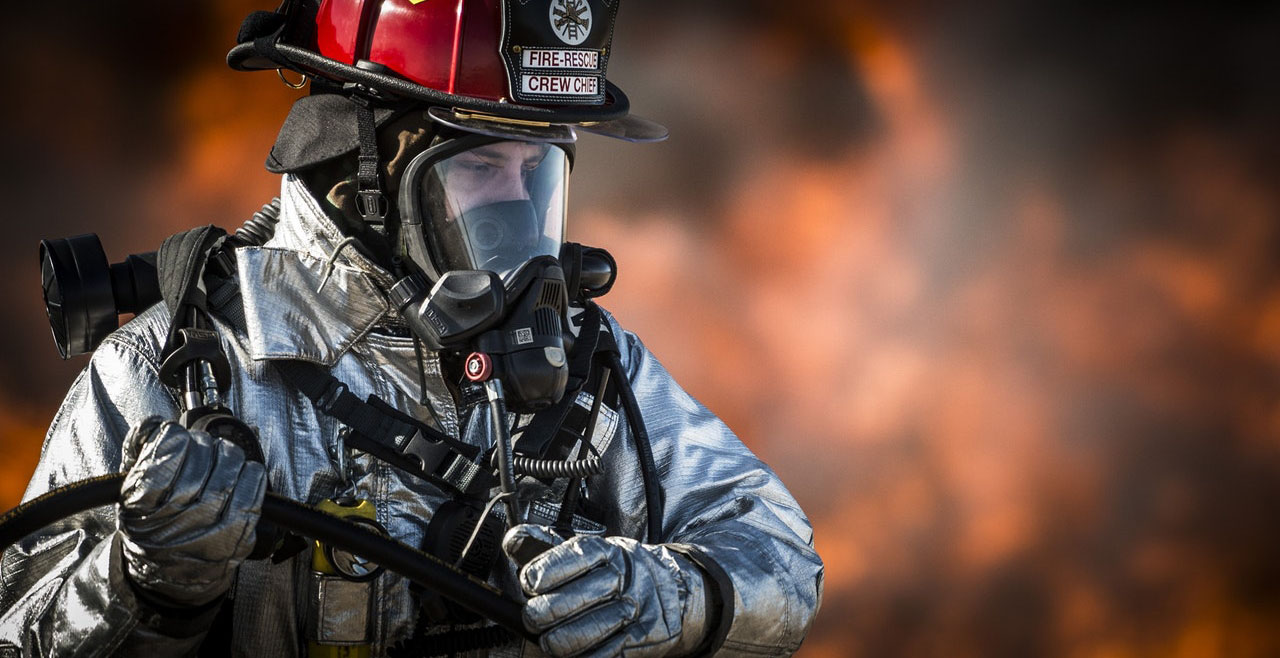First-Ever ULP Based On Fire Science Results in Major Ruling That Town Has Obligation To Bargain Before Reducing Fire Engine Staffing
The National Fire Protection Association (NFPA) recommends that a company of at least four personnel respond to a fire alarm. Many public employers unfortunately staff their front-line apparatus, such as engines and ladders, with much less. The Town of Scituate went to the lowest possible level in 2018 when it reduced staffing on Engine-1 to a single firefighter. Thanks to the advocacy of Attorney Patrick Bryant and testimony of expert Joseph Fleming, a hearing officer of the Department of Labor Relations ruled that the Town had an obligation to bargain first with Scituate Firefighters Union, Local 1464 before reducing the Engine-1 staffing to one firefighter.
The Scituate Fire Department operates three fire stations and staffs about ten firefighters per shift, including two officers.The front-line apparatus at the three stations include two ambulances (or rescues), three engines and a ladder. The two rescues, as well as a ladder and engine, long operated out of Station-1. That changed with the opening of a new public safety headquarters (Station 3). In order to permanently staff a second ambulance at Station 3, the Chief moved Rescue-2 and Ladder-1 from Station-1. This change meant that Station-1, and its Rescue-1 and Engine-1, were now staffed by three firefighters. Whenever Rescue-1 was on a call (which was often), Engine-1 would respond to fire alarms with just one firefighter.
For the first time in its history, the Department of Labor Relations considered fire science, including national studies. on the impact of staffing, apparatus and response times to fires and the safety of firefighters. Fleming, a Boston Fire Deputy Chief and renown expert in fire science, testified about the important of national standards and studies, and applied them specifically to circumstances in Scituate. The evidence was overwhelming about the safety risks created by the Town's change. The Hearing Officer wrote:
The evidence conclusively shows that this change directly and substantially affects firefighter safety. A single firefighter responding to a fire on an engine cannot operate as part of a team, let alone a company. As the CERB stated in City of Newton, 4 MLC at 1283-83:
The basic functions and tasks of a firefighter are keyed to the operation of a “company,” the normal complement on a piece of equipment. The safety and efficiency of the fire suppression effort is thus related to the operation of these companies. While the number of companies responding or available to respond on a given shift is a level of services decision, the composition of the firefighting team expected to operate that equipment at the scene of a fire is a question of workload and safety.
A single firefighter who is first due to a fire scene and faces a split-second decision whether to enter a burning structure alone and without backup to attempt a rescue faces a critical risk to his or her safety that falls outside the normal scope of the safety risks inherent to the position. Although a minimum response of two firefighters also cannot observe basic safety measures such as the 2-in/2-out rule, the evidence shows that a team of two firefighters can at least initiate an attack on the fire, whereas a single firefighter can do little more than hook up to the hydrant. The evidence also shows that the initial attack is critical to containing the fire, and a delay in attacking the fire, even one measured in seconds, substantially increases the risk to firefighter safety. Moreover, the Town does not have standard operating procedures, including procedures for a firefighter arriving alone at the scene of a fire. The safety concerns related to this change are evident, and they need not be inferred.
The Hearing Officer therefore concluded that the Town had an obligation to bargain to impasse or resolution for implementing the decision. He ordered the City to restore the previous staffing arrangement of a minimum of two firefighters at Station 1 responding to an alarm and prohibited the Town from counting the shift commander toward that total.


